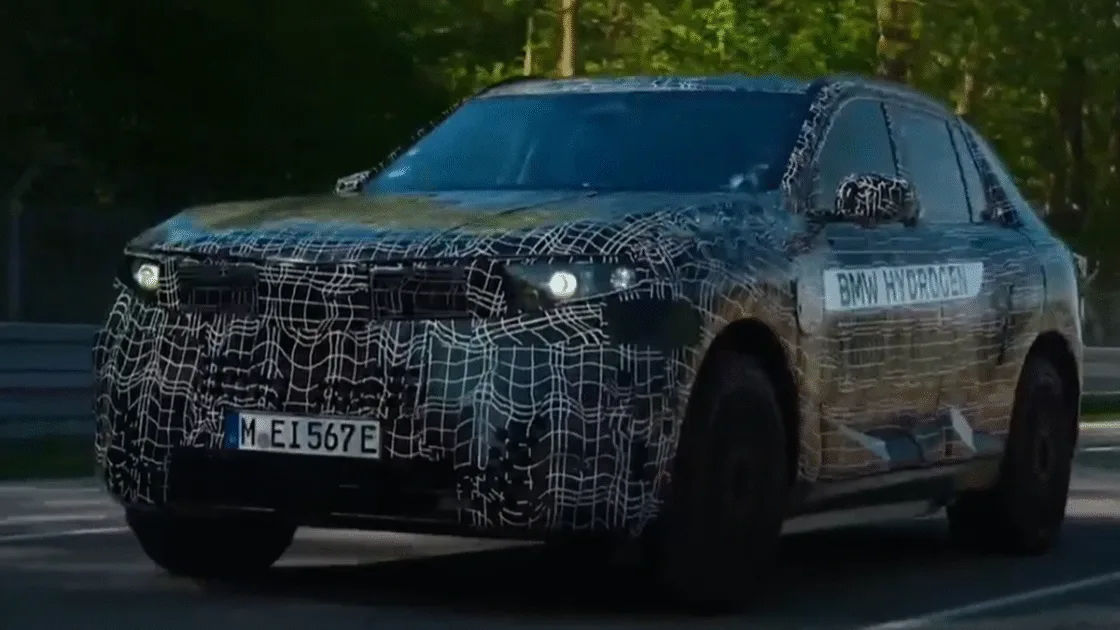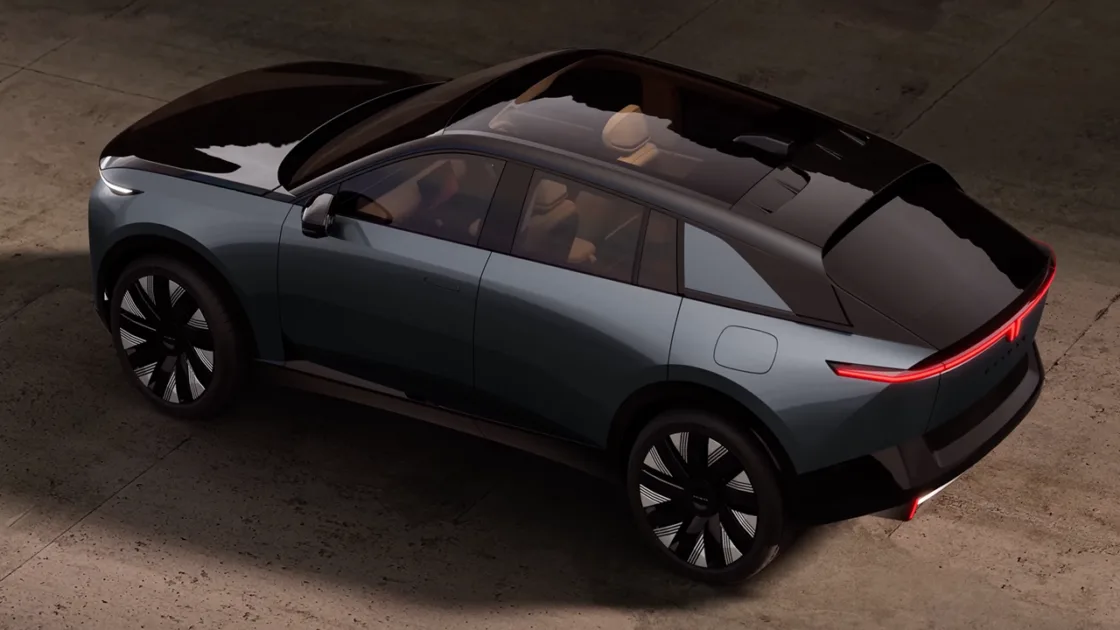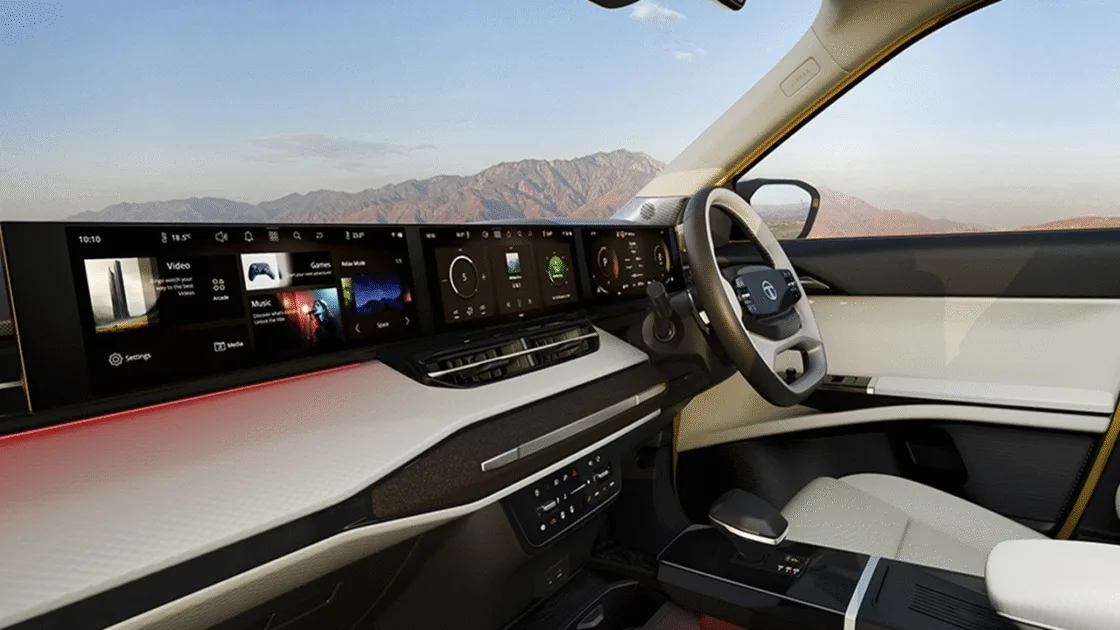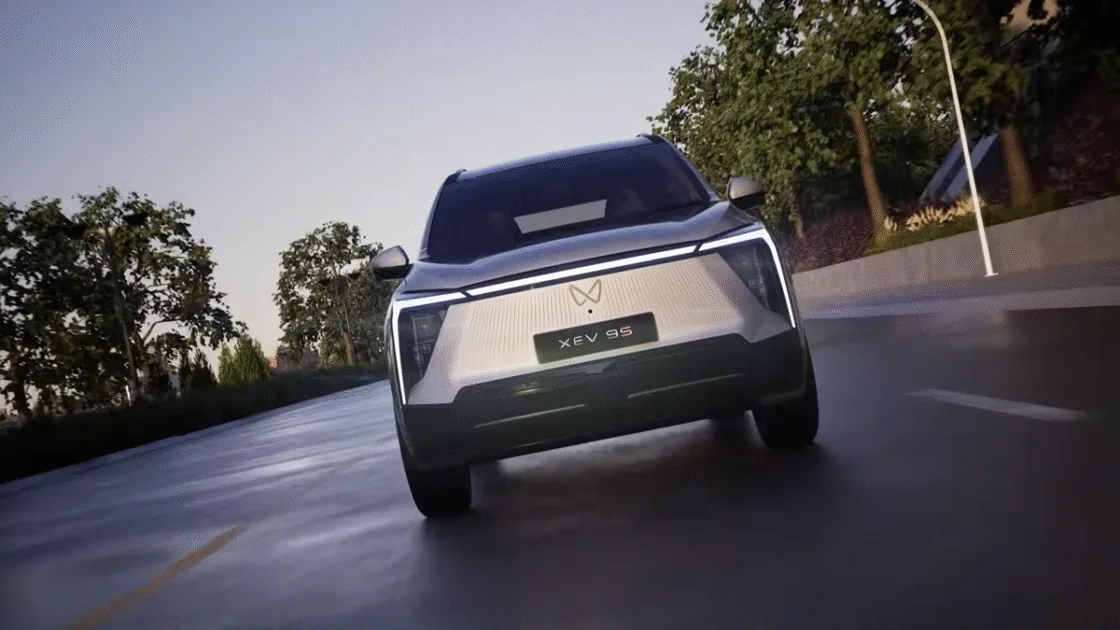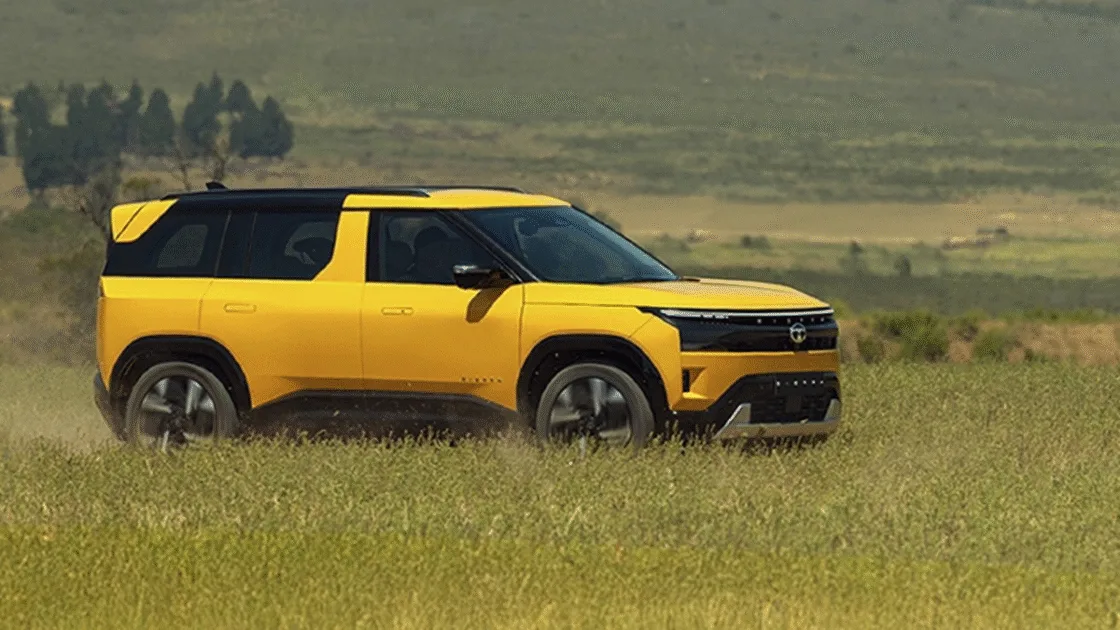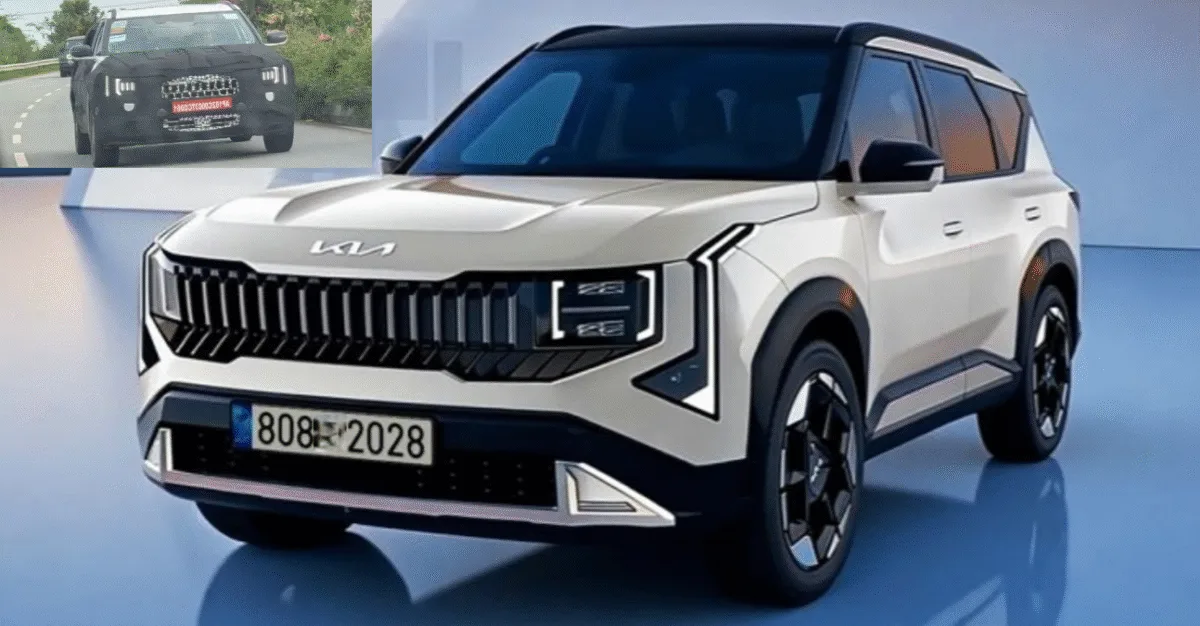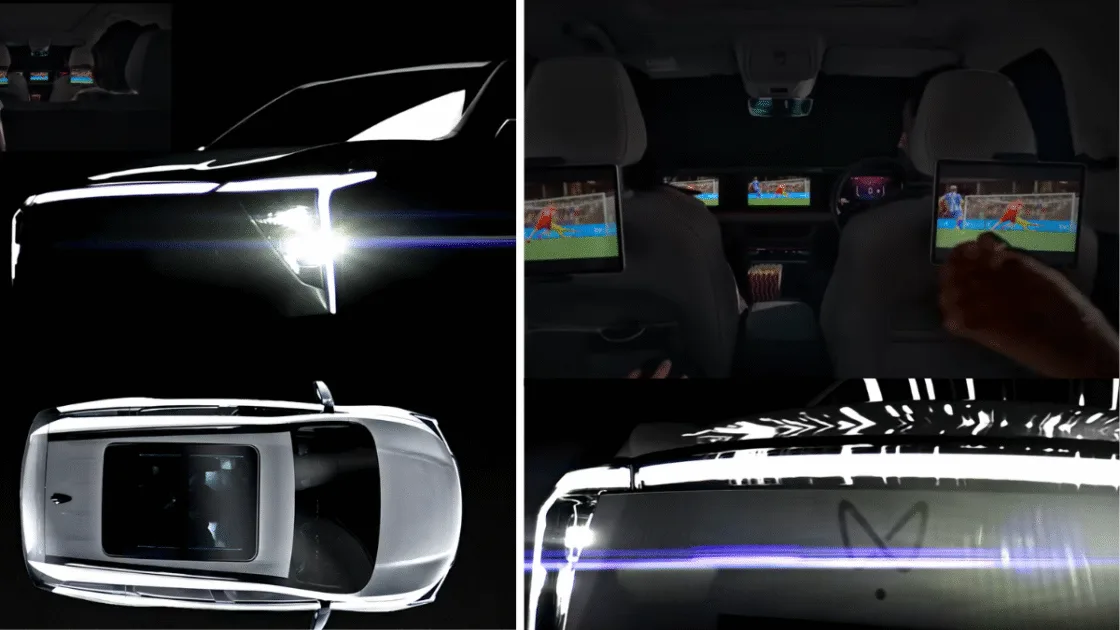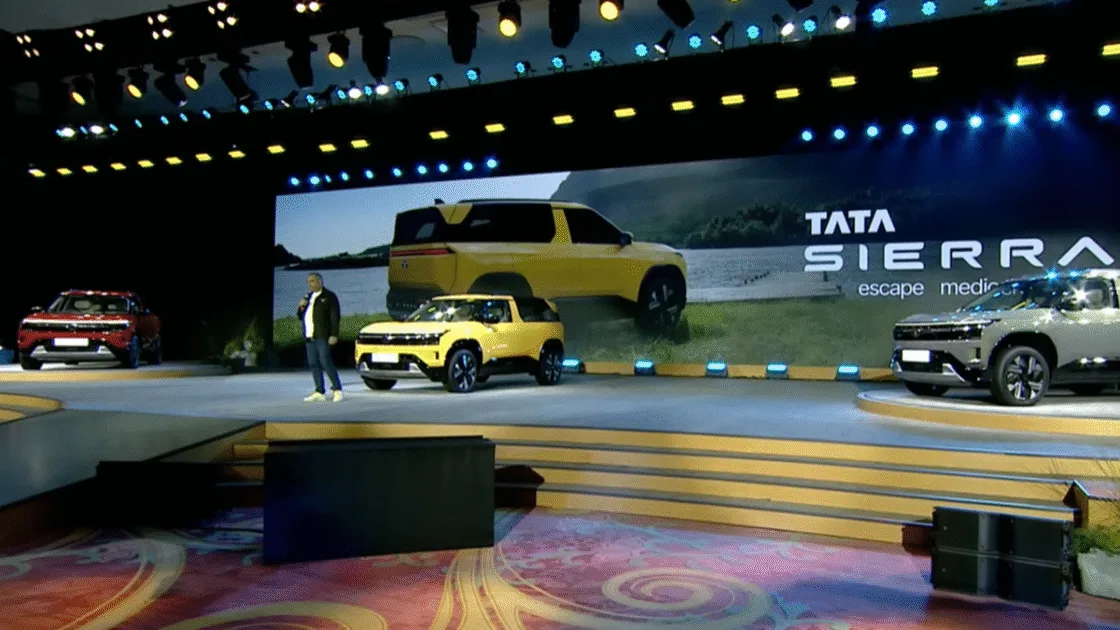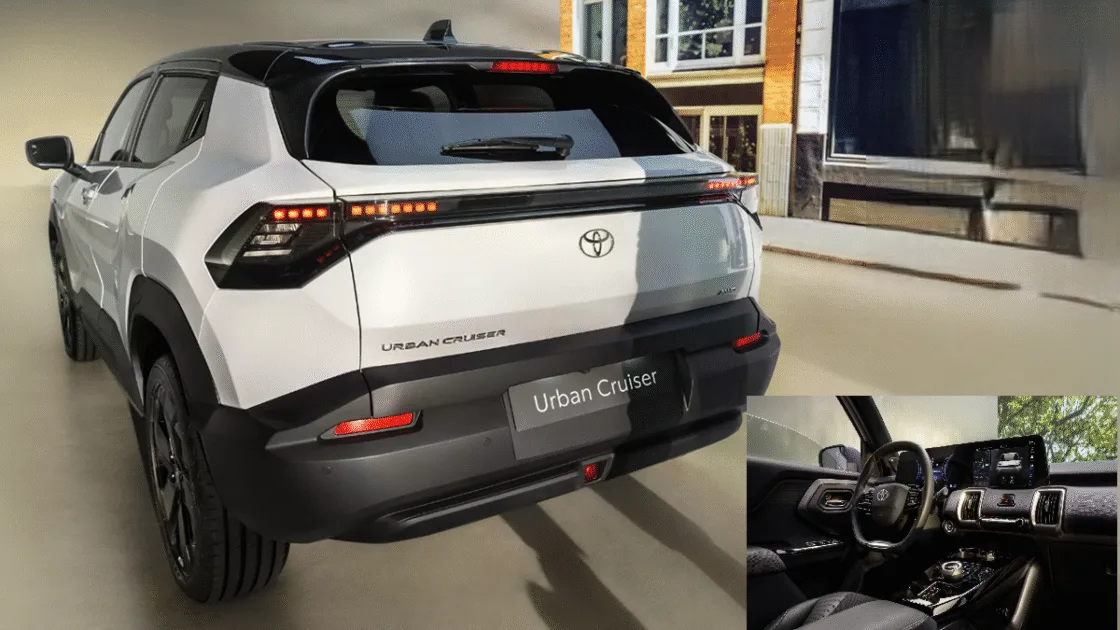According to BMW, the 2028 iX5 will be the company’s first vehicle with five different powertrain options: plug-in hybrid, battery electric, hydrogen fuel cell, diesel, and gasoline. BMW’s move toward a more adaptable and sustainable mobility future is symbolised by the hydrogen variant, which was created in partnership with Toyota.
New BMW iX5 With 5 Powertrain Options: When the new X5 is released in 2028, BMW will have made history by being the first model to offer five different powertrain options. Along with the well-known petrol and diesel engines, this will also have an electrified plug-in hybrid, a fully electric version, and the much-anticipated iX5 fueled by hydrogen fuel cells.
Key Details
| Feature/Aspect | Details |
| Model | 2028 BMW iX5 |
| Historic Milestone | First BMW model to offer five powertrain options |
| Powertrain Options | 1. Petrol 2. Diesel 3. Plug-in Hybrid 4. Battery Electric 5. Hydrogen Fuel Cell |
| Hydrogen System Partner | Developed in collaboration with Toyota |
| Hydrogen Fuel Cell Highlights | – 3rd generation BMW-Toyota system – Smaller, more efficient, and more powerful – Greater functionality and longer range |
| Hydrogen Applications | Beyond cars – supports renewable energy storage, improves grid stability |
| HyMoS Program | “Hydrogen Mobility at Scale” – BMW’s global hydrogen push with pilot hubs in France & Germany |
| Market Adaptability | Meets different regional decarbonization needs (EV, hybrid, fuel-based, hydrogen) |
| Target Market Strategy | Appeals to areas with weak EV infrastructure, while also offering flexibility for traditional fuel markets |
| Overall Branding | Combines luxury, sustainability, versatility, and advanced technology |
Also Read:- Third-Gen Audi Q3 to Launch in India by 2026 with New Design, Hybrid Tech & Premium Features
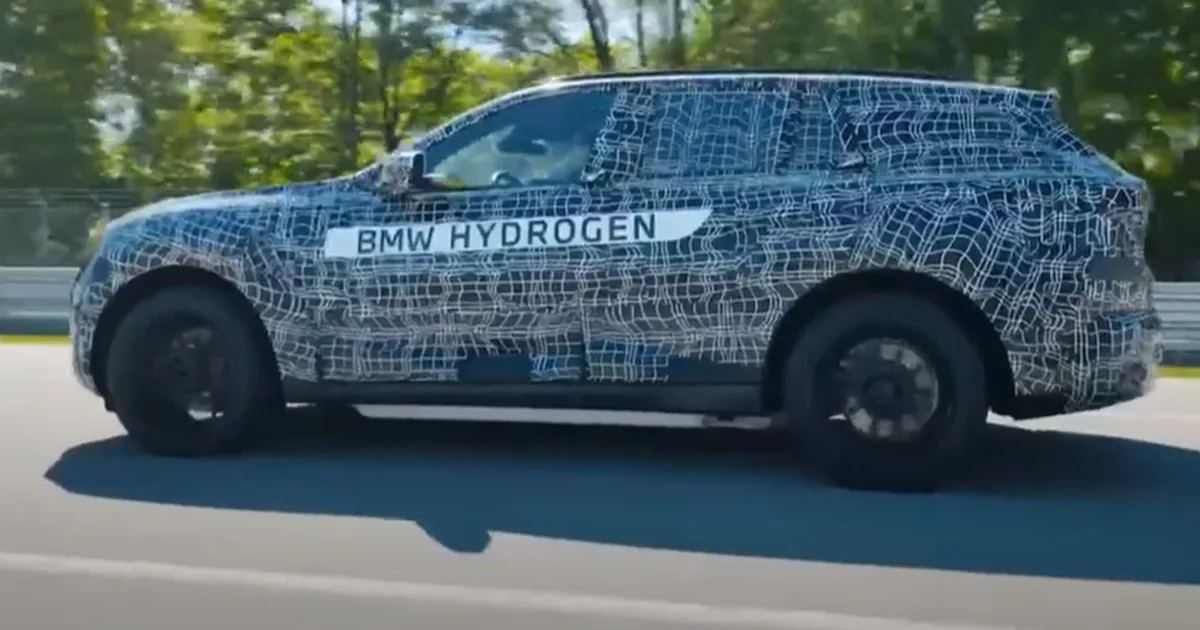
First SUV with Five Powertrain Options
The new iX5, which is hydrogen-powered, will be the most adaptable SUV in its class, as it can provide its clients with several cleaner mobility options tailored to their needs and the available technology in the area.
Hydrogen-Powered Versatility
The BMW-Toyota third-generation hydrogen fuel cell system lies at the heart of this breakthrough. The setup is more promising than its predecessors since it is more efficient and uses less energy. It is also smaller and has more promise. This will mean greater functionality and a wider range at the cost of sustainability.
Hydrogen has applications beyond just powering cars. Additionally, it serves as a renewable energy storage facility, enhancing grid stability and promoting the adoption of clean power solutions worldwide.
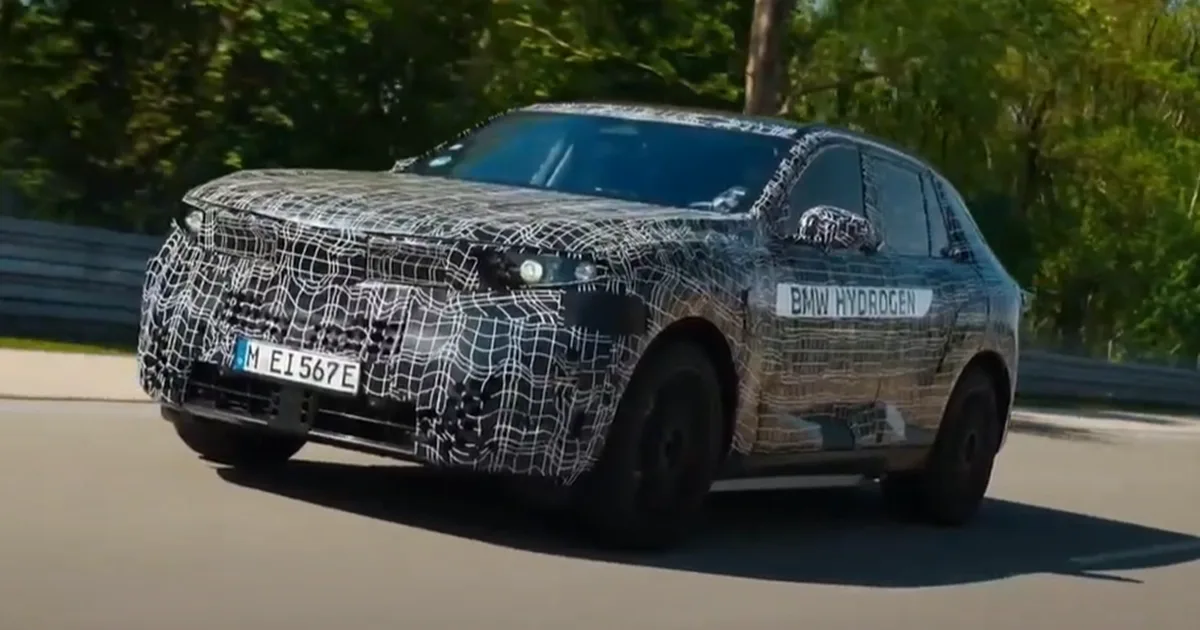
Through the HyMoS (Hydrogen Mobility at Scale) effort, BMW is promoting its hydrogen drive. The evolved ecosystems of the hydrogen refuelling and pilot projects that are currently underway in France and Germany are the focus of this program. In the long run, these hubs will be extended to more major cities worldwide, encompassing both passenger and commercial vehicles.
Market-Specific Strategies
BMW’s multiple tactics will make the iX5 relatable across different markets as different countries embrace different approaches to decarbonization. In places with underdeveloped EV charging infrastructure, hydrogen may be a good choice for the consumer. Others believe that there are no greater opportunities for flexibility when choosing to continue with conventional fuels, hybrids, or electric vehicles.
One of the most versatile vehicles in its branding route is the upcoming 2028 BMW iX5, which will blend elegance with cutting-edge technologies and sustainability.
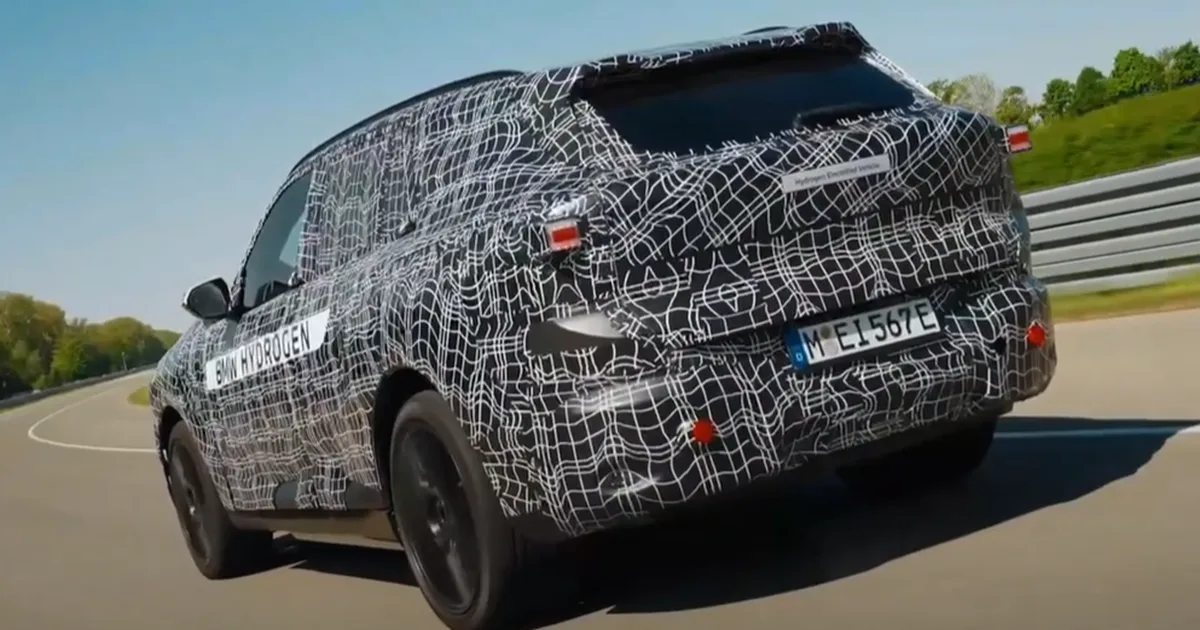
Also Read:- Citroen Aircross SUV Scores 5-Star Bharat NCAP Safety Rating, Boosts Trust in Indian Market
PPX Saying
The impending 2028 BMW iX5 is a daring statement about the direction of mobility, not just another high-end SUV. BMW is making sure its flagship SUV remains relevant in a variety of countries and customer preferences by providing five different powertrain options. A major step toward sustainable transportation is the addition of a hydrogen fuel cell option, which was created in collaboration with Toyota and supports hydrogen’s potential contribution to the global clean energy ecosystem.
BMW is attempting to build the infrastructure required for the adoption of hydrogen through its HyMoS effort, beginning in Europe and progressively spreading throughout the world. With its ability to run on EVs, hybrids, conventional fuels, or hydrogen, the 2028 iX5 is positioned as one of the most flexible, future-ready, and multipurpose cars in the luxury SUV market.

